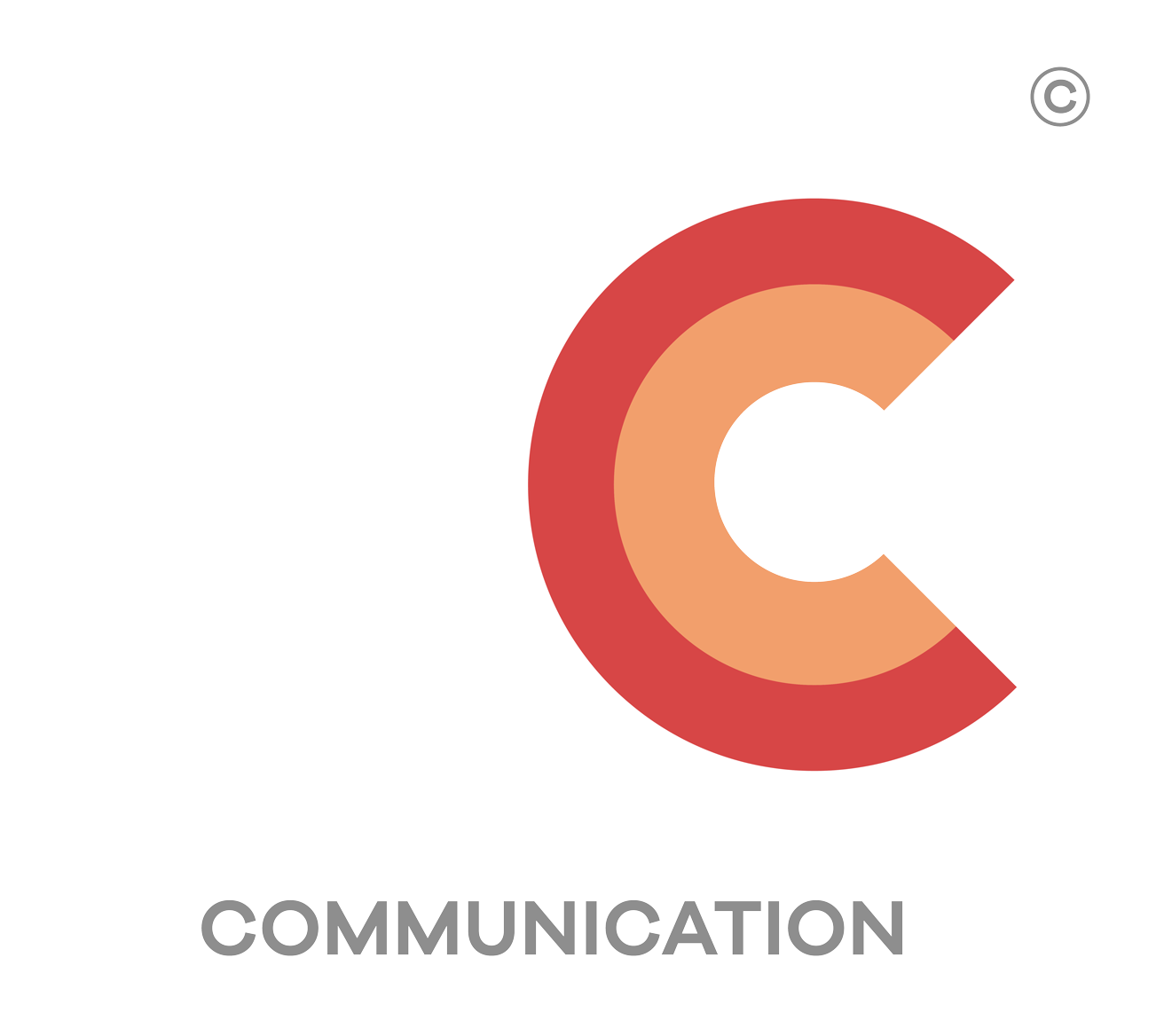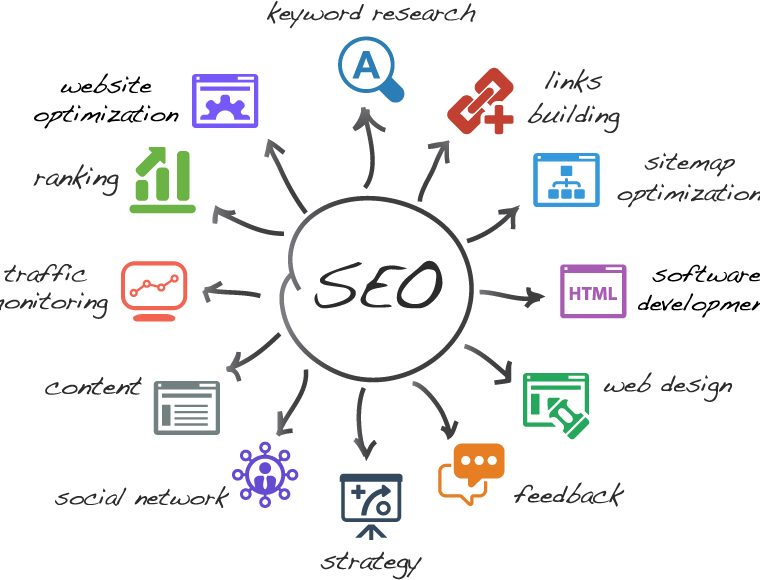In the ever-evolving landscape of digital marketing, Search Engine Optimization (SEO) stands as a cornerstone for online success. SEO is not just a buzzword; it’s a strategic approach that can significantly impact your website’s visibility on search engines. This article delves into the core of SEO, unraveling the best search engine optimization practices that ensure your content not only ranks but resonates with your target audience.
What is SEO?
SEO refers to the practices used to improve the ranking of a website in search engine results pages (SERPs). In simple terms, it’s about making your website more discoverable by people searching for products, services, or information related to your business.
Why is SEO important?
With millions of websites vying for attention, ranking high in search results is essential for driving organic traffic to your website. This translates to increased brand awareness, leads, and ultimately, sales.
1. Best search engine optimization practices:
At its essence, SEO is about enhancing your website’s visibility in search engine results pages (SERPs). To achieve this, it’s crucial to adhere to best search engine optimization practices. These practices encompass a holistic approach that includes both on-page and off-page strategies, ensuring a comprehensive optimization of your digital assets.
2. On-Page Best search engine optimization practices:
On-page SEO refers to the optimization of individual web pages to rank higher and earn more relevant traffic. Key on-page best search engine optimization practices include:
- Keyword Optimization: Strategically placing relevant keywords in titles, meta descriptions, headers, and content.
- High-Quality Content: Creating informative, engaging, and shareable content that adds value to your audience.
- Optimized URL Structure: Crafting clean, concise, and keyword-rich URLs for improved search engine understanding.
- Responsive Design: Ensuring your website is mobile-friendly to cater to the increasing number of mobile users.
3.Off-Page SEO Practices:
While on-page SEO focuses on optimizing your website directly, off-page SEO involves activities outside your site that impact its visibility. Key off-page SEO practices include:
- Link Building: Acquiring high-quality backlinks from reputable websites to establish authority and credibility.
- Social Media Engagement: Leveraging social media platforms to promote content and engage with your audience.
- Online Reputation Management: Monitoring and managing your brand’s online reputation through reviews and mentions.
4. SEO Content Best Practices:
Content is the backbone of SEO. The way you present information can significantly impact your website’s ranking. SEO content best practices include:
- Keyword Research: Identifying and targeting relevant keywords to drive targeted traffic.
- Content Relevance: Ensuring that your content is directly related to the user’s search intent.
- Optimized Headers and Subheadings: Breaking down content into digestible sections with optimized headings for better user experience and SEO.
5. Staying Ahead with SEO:
Regularly audit your website, stay informed about industry trends, and adjust your SEO strategy accordingly.
Additional Tips for SEO Success
- Stay updated on the latest SEO trends and algorithm updates: Search engines are constantly changing their algorithms, so it’s important to stay informed about the latest changes and adapt your SEO strategy accordingly.
- Use SEO tools and resources: There are many tools and resources available to help you with SEO, such as keyword research tools, website analytics, and backlink analysis tools.
- Don’t get discouraged if you don’t see a dramatic increase in traffic overnight.
- Seek professional help if needed: If you’re struggling to improve your SEO ranking, consider hiring an SEO consultant or agency to help you develop and implement a successful strategy.
By following these best search engine optimization practices, you can improve your website’s ranking in search engine results and attract more organic traffic. Remember, SEO is an ongoing process, so it’s important to consistently monitor your results and adjust your strategy as needed.
Conclusion:
seo optimization agency is not a one-time task; it’s an ongoing process that demands attention to detail and a commitment to best practices. By embracing on-page SEO, off-page strategies, and content optimization, you position your website for success in the competitive online space. Keep evolving with the ever-changing SEO landscape, and witness the transformative impact it can have on your digital presence. Elevate your website’s visibility, engage your audience, and achieve lasting online success through the power of best search engine optimization practices.



